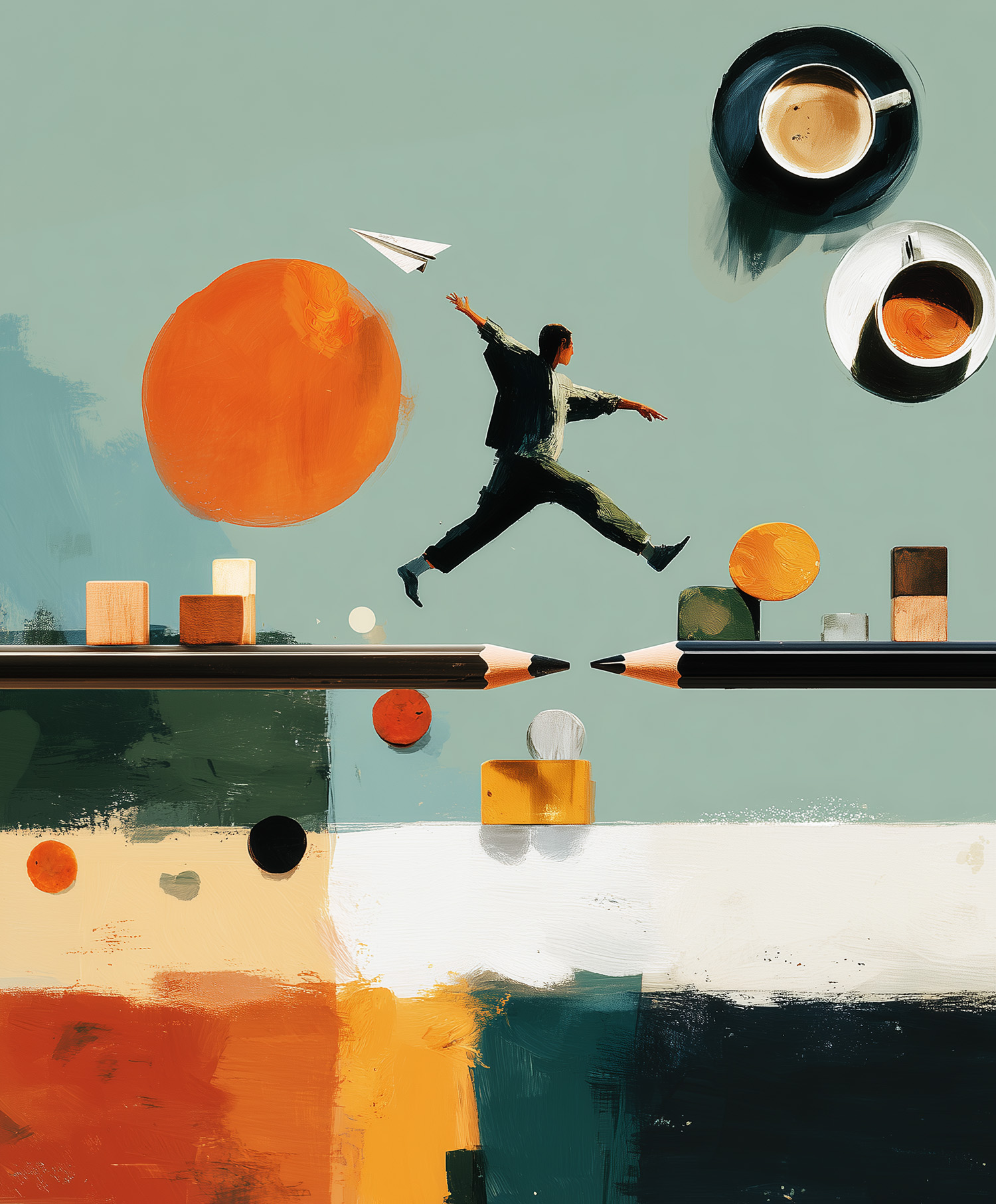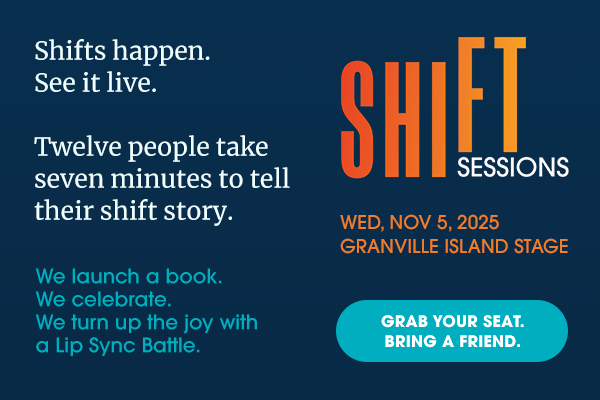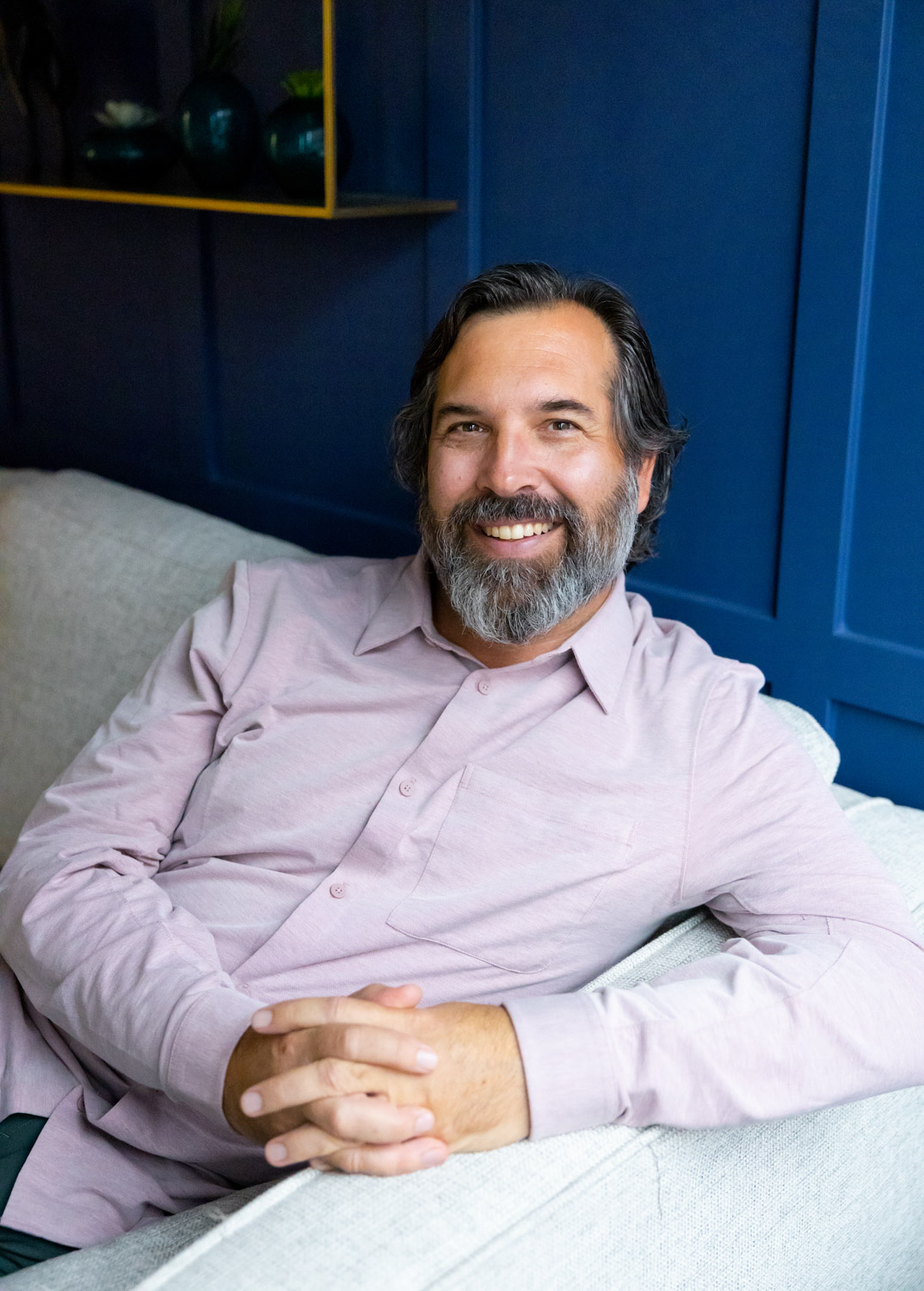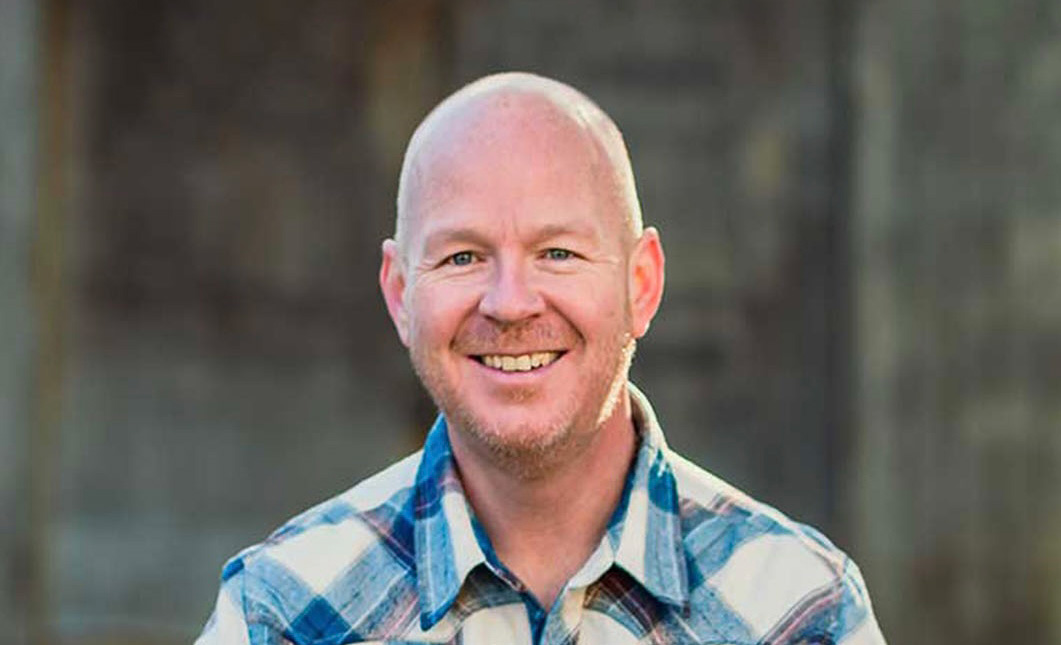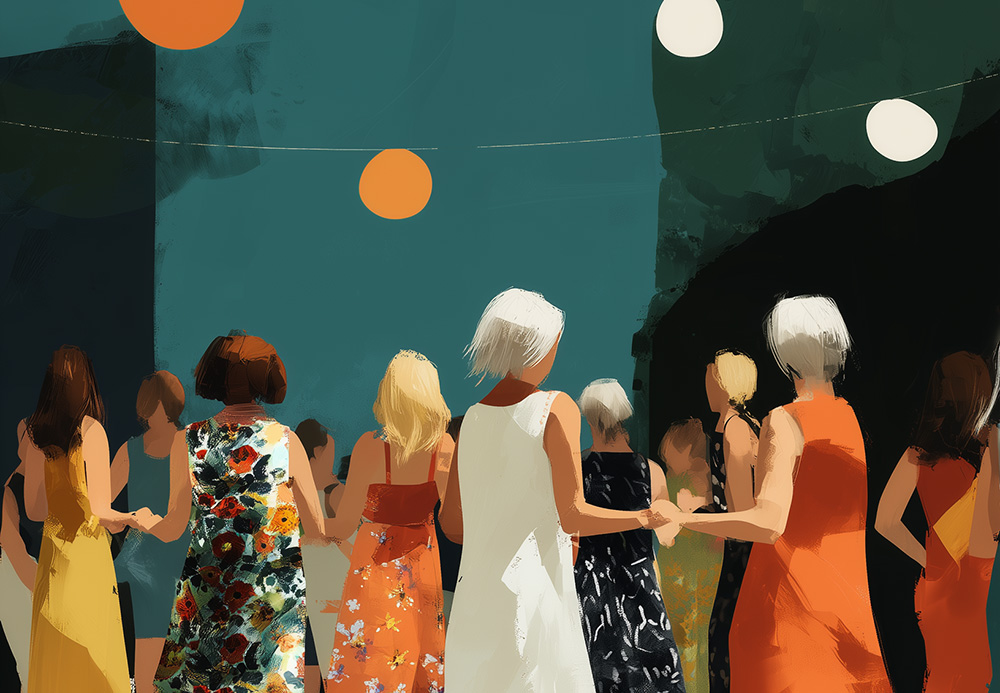Not long ago, I offered my neighbour an old trampoline—my kids had outgrown it, and I thought his children might enjoy it. His response stunned me: “My kids don’t play.” At first, I thought I misheard him. But no—his parenting style was deliberately strict and structured, focused entirely on purpose and productivity. That moment revealed just how far we can drift from play as we grow older—even though it’s essential, not just for kids, but for adults too.
As George Bernard Shaw once said, "We don’t stop playing because we grow old; we grow old because we stop playing."
In today’s world, where “hustle” is often glorified, blending work with play may seem foreign or even unproductive. But as I reflect on my own experiences, I realize that some of my most fulfilling moments at work have come when those lines blurred. Play is about more than just having fun—it’s about diving in fully, collaborating, and allowing creativity to take the lead. As George Bernard Shaw once said, "We don’t stop playing because we grow old; we grow old because we stop playing."
Play isn’t just a diversion—it’s the key to finding meaning in what we do. What if the secret to doing your best work wasn’t grinding harder—but rediscovering how to play?
The essence of play in work
I think it’s fair to say that the best work I’ve done has always felt more like play than work. It’s not that it was easy; it’s that I was deeply immersed in something meaningful. The most exciting and rewarding projects have been the ones that allowed me to experiment and explore, the ones that offered opportunities to push boundaries and collaborate in ways that sparked real creativity.
Some of my favourite work memories come from moments when my teams passionately debated new ideas for building a product or marketing campaign. The conversations often continued into after-work drinks, because we were all in a flow state, together—energized by the shared mission.
Of course, not all work has felt this way. I’ve also been in environments where creativity was stifled and every step had to follow a rigid formula. The work may have looked productive, but it felt lifeless. That contrast makes the value of play even more apparent.
Relationships built through play
Play is powerful because it builds relationships organically. The best teams I’ve worked with encouraged experimentation and embraced the freedom to fail and try again. Beyond being personal, play is connective. When you foster a space where people feel safe to take risks and explore ideas together, you build more than great products—you build trust, which makes for strong teams.
Beyond being personal, play is connective.
Those collaborative moments often become the most meaningful parts of our careers. Beyond celebrating what you build, you also celebrate and enjoy the experience of building it together.
Agile methodology: Play in action
In software development, I’ve found that agile methodology mirrors the spirit of play. It’s built around iteration and feedback. Agile invites teams to try something, adjust, and try again. It’s less about rigid plans and more about staying flexible and curious.
As machines take over routine tasks, the uniquely human aspects—imagination, empathy, experimentation—will become even more valuable.
I remember one sprint where a team member proposed a wild feature idea—something totally off roadmap. We ran a quick prototype, tested it, and it turned out to be one of the most-loved features. That’s play in action.
This creative freedom will be even more essential in the age of AI. As machines take over routine tasks, the uniquely human aspects—imagination, empathy, experimentation—will become even more valuable. It may be one of the most important skillsets we can cultivate.
The future of work: More play, less grind
I don’t believe AI without limits is a cure-all for the future of work. But I do believe in its potential to shift the balance—freeing us from the grind so we can focus more on the parts that light us up. The parts that feel like play.
This shift has been personal for me. As I navigate my own career transition, rather than asking, “What pays the most?” I’ve found myself asking, “What kind of work feels most like play?” That’s where real fulfillment lies.
When you’re building from a place of curiosity, the work feels intrinsically rewarding.
There’s a phrase I keep coming back to: Create from love, not for love. Make things because the process brings you joy—not as a bid for approval. When you’re building from a place of curiosity, the work feels intrinsically rewarding. Yes, I still care about outcomes. I still like winning. But the magic happens when the process itself becomes the reward.
In the AI age, joy might be your edge.
The magic happens when work feels like play
As I reflect on my journey and the next chapter of my career, I’m reminded how powerful it is to embrace work as play. When we stop separating the two, we open ourselves to a more joyful, engaging way of working. By focusing on the process and collaborating with others, we can build not only great careers but meaningful lives.
In the end, the real future of work may not be about technology at all—it may be about remembering how to play.



